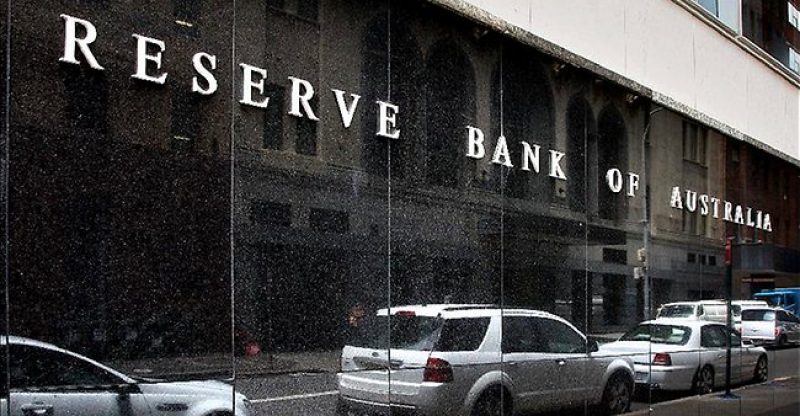Australia Central Bank Applauds Bitcoin But States It Has ‘Flaws’
“Even if one is quite skeptical of whether bitcoin will have a significant role in the economy in the future, I think it is hard to avoid some admiration for its design.”
Reserve Bank of Australia official Tony Richards went ahead to address bitcoin and cryptocurrencies in general in a speech to the Australian Business Economists in Sydney on Tuesday.
According to Dr. Richards, the head of the bank’s payments policy department noted that the central bank has been up to date with the developments in this technology for more than five years and that he personally owns “a small amount of bitcoin” that he got in June 2014.
“When a country doesn’t have a credible currency, then people might look for other ones,” he said. “Whether those are cryptocurrencies or something like the US dollar is another issue, but we in Australia have a perfectly credible currency called the Australian dollar; we’ve had low and stable inflation for at least 25 years; and the likelihood that we’d have significant adoption of an alternative currency seems to be pretty low.”
He stated the overall transactions processed by the bitcoin network in December and likened that to the theoretical maximum transactions per seconds of the Visa network. He discussed the number of unconfirmed transactions and also the higher fees undermine bitcoin’s legitimacy as a currency.
“This episode points to the scalability and governance problems of the bitcoin system,” he said. “Bitcoin’s lack of a central governance structure has been a weakness in dealing with the capacity problem that results from the fact that the original protocol limits the block size to no more than 1 megabyte.”
He added:
“And there have also been many hacks of cryptocurrency exchanges and wallets over the past few years. That shows there is also a lot more risk in bitcoin intermediaries than there is in the supervised banks and financial institutions in which households can hold their Australian dollars.”
“Given all the interest in cryptocurrencies or private digital currencies, people have inevitably asked whether central banks should consider issuing digital versions of their existing currencies,” he continued.
He disregarded the need for an issuance of the previous currency of a distributed ledger technology. He stated that a leading number of monetary transactions already happen in “digital” or electronic form.
“So for the time being at least, consideration of a possible new electronic form of money provided by the Reserve Bank to households is not something that we are actively pursuing.”
He did agree that money on a distributed ledger would allow for ‘‘programmable money, involving smart contracts” and be of use for non-bank institutions.
“These risks acknowledged, cryptocurrencies and distributed ledgers are fascinating developments both from payments and a broader economic perspective,” he said.





